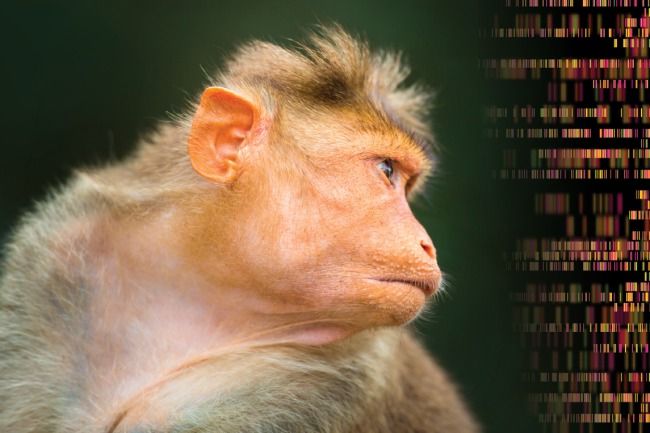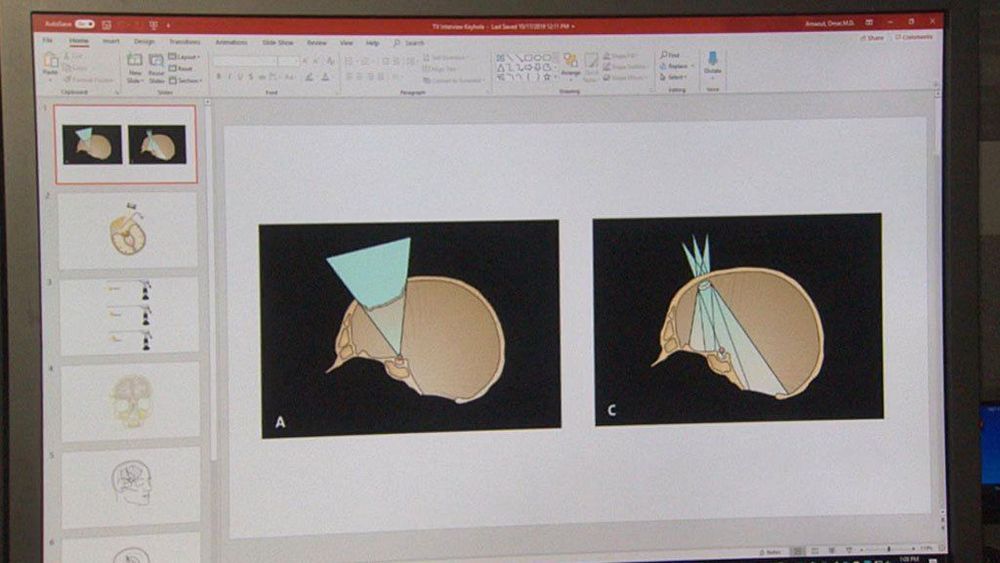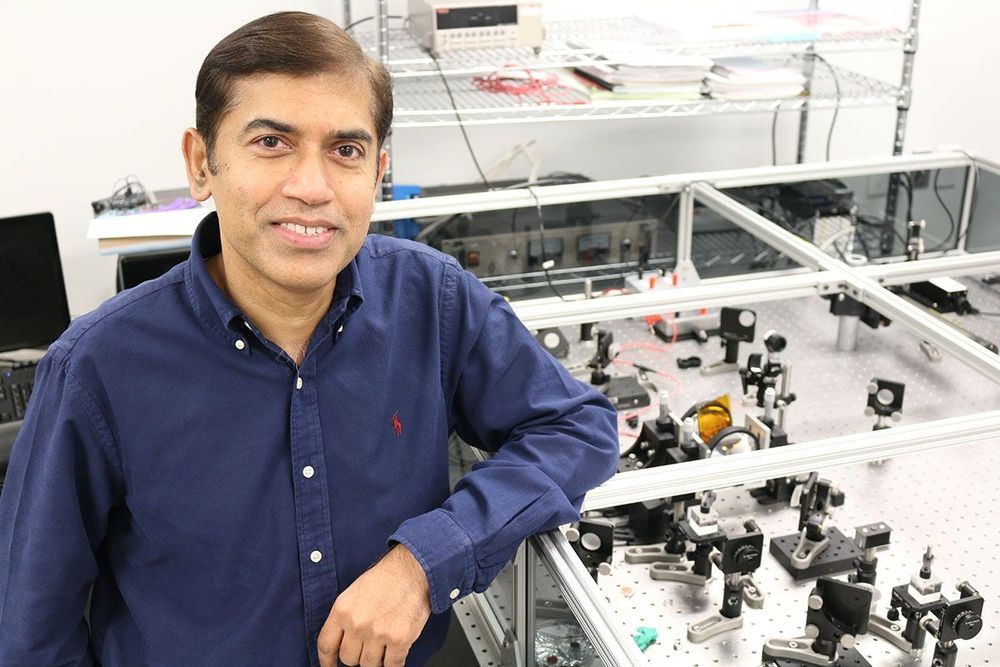Holochain is a next generation protocol and an evolution of blockchain for web 3.0 leading to a more distributed world.
https://holo.host/
We are en route to build a more healthier, more empowered internet!
Want to learn more about HoloPort and the future of internet?
For more information about HoloPort & Holo you can check us out here:
Holo website: holo.host
Twitter: twitter.com/h_o_l_o_
Medium: medium.com/h-o-l-o
Indiegogo crowdfunding campaign: igg.me/at/h-o-l-o
Facebook: facebook.com/holohost/
*Follow us on Social Media to get the latest scoop of all Holo, HoloPorts and much more!*






